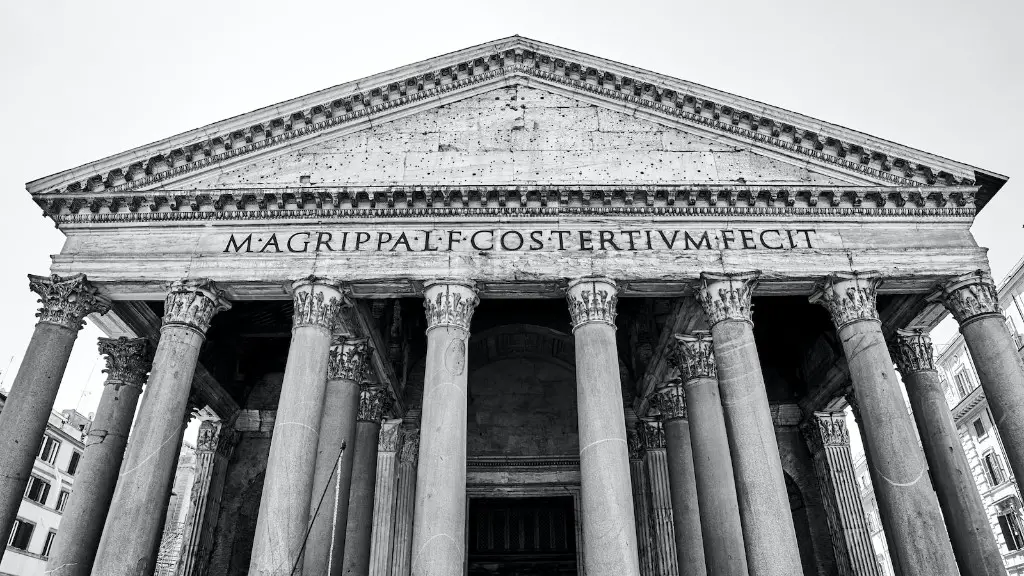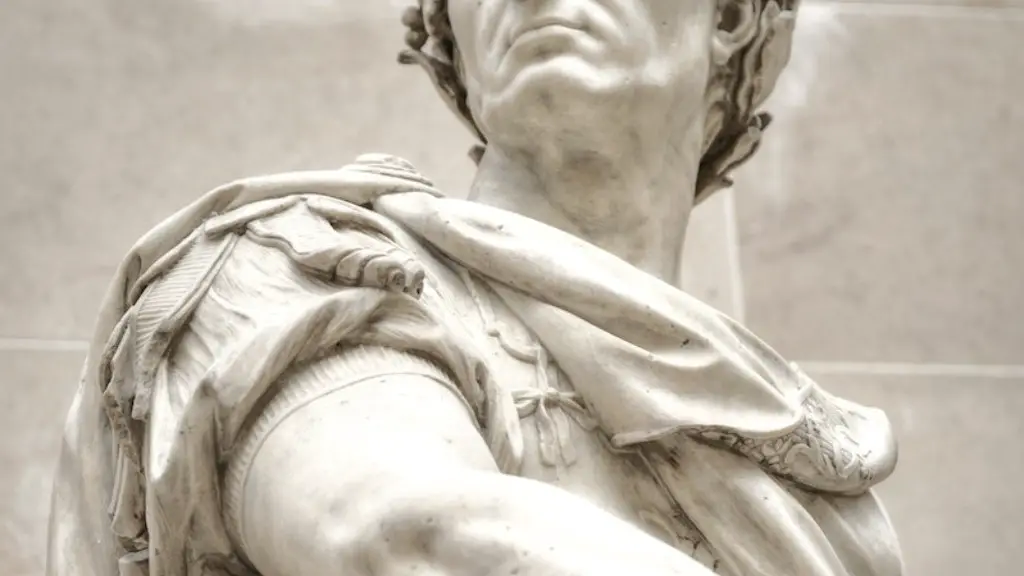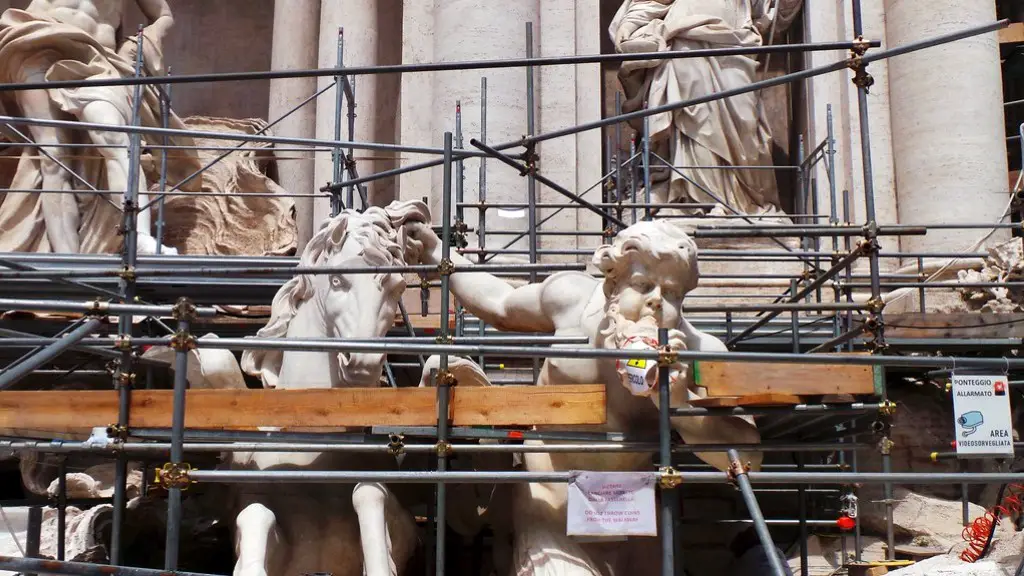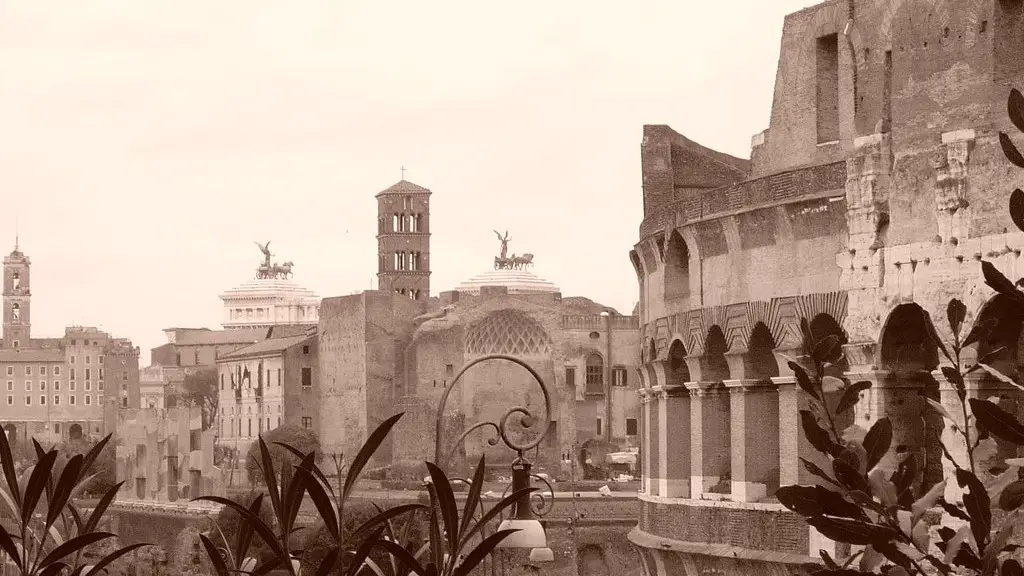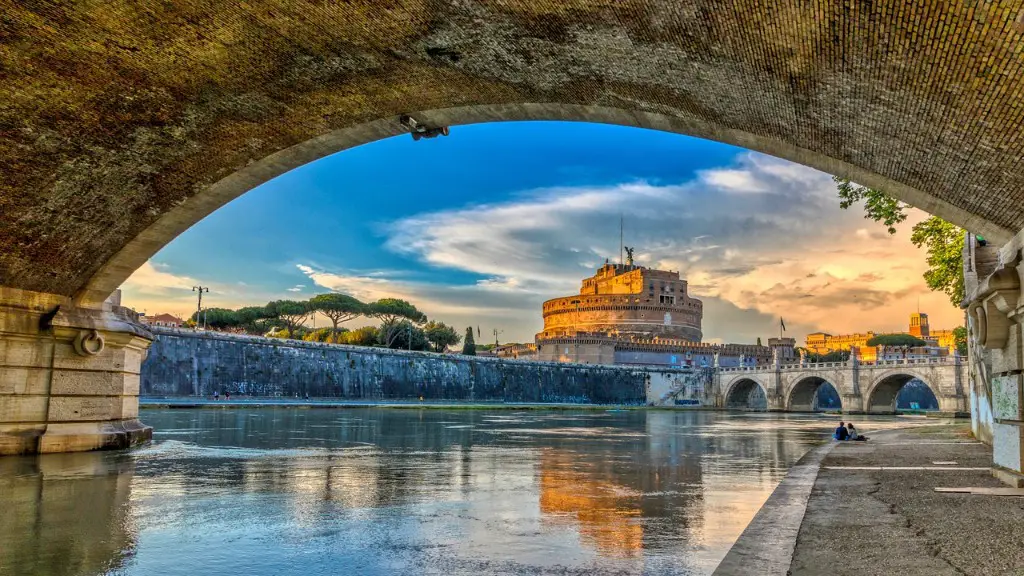The ancient Romans had a complicated relationship with Greece. Rome was founded by Greeks, and the Roman Republic was heavily influenced by Greek culture. However, Rome eventually became a dominant military power in the Mediterranean, subjugating much of Greece in the process. The Romans admired many aspects of Greek culture, but they also saw Greeks as a conquered people.
From the perspective of ancient Rome, Greece was a land of great opportunity. It was a place to be conquered, a place to be exploited, and a place to be civilised. Ancient Romans saw Greece as a source of knowledge, culture, and art. They also saw Greece as a potential threat, as a land of powerful city-states that could resist Roman rule.
Did the Romans admire Greece?
The Romans had been deeply influenced by Greek culture long before they occupied Greece. They greatly admired Greek architecture, art, literature and philosophy, and most members of the elite could also speak Greek.
The Romans came into contact with Greek culture again during the conquest of Magna Graecia, Mainland Greece and the “Hellenistic countries” (countries that had been marked by Greek culture and language) in the 2nd and the 1st centuries BC. The Romans were greatly influenced by the Greeks in terms of culture, art, literature, and architecture.
Did Romans dislike Greeks
The Roman Empire was heavily influenced by the Greeks, to the point where many aspects of Roman culture were Hellenic in nature. However, many Romans despised the Greeks, and Rome frequently claimed to be protecting Hellenism while simultaneously destroying Greek cities. The Roman Empire was a complicated and contradictory entity when it came to its relationship with the Greeks.
Greece has a long and rich history, dating back to ancient times. The country is home to many important archaeological sites, which offer insights into the lives of the people who lived there in the past. Greece is also a country with a diverse landscape, ranging from mountains and forests to beaches and islands.
Did the Greeks and Romans get along?
Conflict between the two powers arose in the 3rd century as Roman expansion in South Italy and Sicily encroached on Greek colonies located there. Greeks were well-accustomed to hostilities and, as Thucydides’ account of the siege of Melos indicates, they could be brutal in war although that was not the norm.
The rise of Rome as a powerful empire led to increased tensions with the Greeks. The Greeks saw Rome as a threat to their own power and influence in the region. In 215 BC, some Greek city-states allied with Carthage against Rome. Rome declared war on Macedonia (northern Greece) in response. The Romans defeated Macedonia at the Battle of Cynoscephalae in 197 BC and again at the Battle of Pydna in 168 BC. This solidified Rome’s position as a major power in the Mediterranean region.
How did Romans feel about Greeks?
It is clear that the ancient Romans had a great deal of respect for some ancient cultures, especially Greece. They based almost all of their literature on Greek models, and some elite Romans became enthusiastic followers of Greek philosophy. This shows that the Romans were willing to learn from other cultures and adopt their customs and ideas.
There are a few reasons why the Romans adopted a lot of Greek culture and architecture. One reason is because Greek culture was simply the most high-brow and sophisticated culture at the time. The Greeks had philosophy, drama, history, impressive buildings, and a very nice sounding language. Another reason is that the Romans were geographically close to the Greeks, so they were exposed to Greek culture more than other cultures.
Could the Romans speak Greek
Latin was the official language of the Roman Empire, but other languages were regionally important, such as Greek.
The Huns were a group of people who lived in Central Asia and invaded the Roman Empire in the 5th century. They were feared because of their superior fighting technique. Thousands of people fled west in the 5th century because of the Huns.
How did the Romans treat the Greeks?
Some Roman nobles may have seen Greeks as backwards and petty, but many others highly regarded Greek literature and philosophy. The Greek language became a favorite among the educated and elite in Rome, such as Scipio Africanus, who studied philosophy and saw Greek culture and science as an example to follow.
The term “Romaioi” is a Byzantine term used to refer to the Greek people. It is derived from the Roman Empire, and the term “Romaic” refers to the Modern Greek language. The term is still used today by some Greek people.
What was Greece called in the Bible
The name Yavan or Yāwān is the Hebrew name for Greece or Greeks in general. It is also considered cognate with the name of the eastern Greeks, the Ionians (Greek Ἴωνες Iōnes, Homeric Greek Ἰάονες Iáones; Mycenaean Greek *Ιαϝονες Iawones).
The early Romans were familiar with Greek culture through interactions with Greek colonies. Rome adopted and expanded upon many aspects of Greek culture. Most Roman gods are borrowed from Greek mythology and given Latin names.
What did the Greeks call the Italians?
The Greeks used the term Italoi to describe the people who lived in the Italian peninsula. Under Emperor Diocletian, the Roman Empire expanded to include Sicily, Sardinia and Corsica. These regions were known as Italia and the people who lived there were called Italians.
The Romans and Spartans were two of the most powerful empires in the ancient world. They fought each other on at least one occasion, although not single-handedly. The two armies met when a Roman-led coalition of Greek states took on Sparta in the Laconian War of 195 BC. Rome’s allies in this war included the Achaean League, Macedon, Pergamum, and Rhodes. The Romans were eventually victorious and the Spartans were forced to acknowledge the power of Rome.
Which is older Greece or Rome
Ancient history is a fascinating subject that encompasses some of the most well-known civilizations. The Greek and Roman empires were two of the most powerful empires of their time and left behind a rich legacy. Many of the things we take for granted today, such as democracy and classical architecture, have their roots in these ancient cultures.
Portugal is one of the oldest nations in Europe, having been officially founded in 1139 CE. Its borders have remained largely unchanged since then, with the exception of a few small adjustments over the centuries. Portugal is a beautiful country with a rich history and culture, and its people are warm and friendly. If you ever have the opportunity to visit, you won’t be disappointed!
Final Words
The ancient Romans had a very high opinion of Greece and its culture. They saw Greece as the wellspring of Western civilization and admired its art, literature, and philosophy.
The ancient Romans thought of Greece as a place of great culture and sophistication. They admired the Greeks for their art, literature, and philosophy, and saw them as a model for their own civilization.
